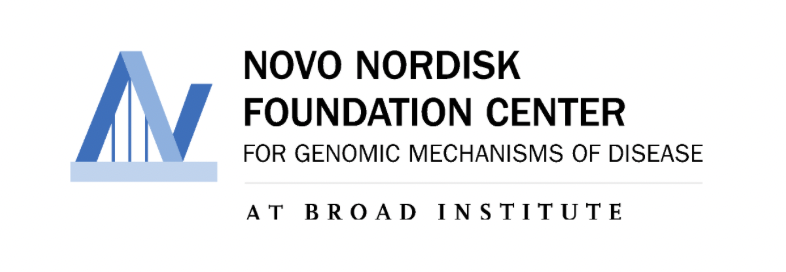Abstract
Obesity is a major public health challenge. Glucagon-like peptide-1 receptor agonists (GLP1-RA) and bariatric surgery (BS) are effective weight loss interventions; however, the genetic factors influencing treatment response remain largely unexplored. Moreover, most previous studies have focused on race and ethnicity rather than genetic ancestry. Here we analyzed 10,960 individuals from 9 multiancestry biobank studies across 6 countries to assess the impact of known genetic factors on weight loss. Between 6 and 12 months, GLP1-RA users had an average weight change of -3.93% or -6.00%, depending on the outcome definition, with modest ancestry-based differences. BS patients experienced -21.17% weight change between 6 and 48 months. We found no significant associations between GLP1-RA-induced weight loss and polygenic scores for body mass index or type 2 diabetes, nor with missense variants in GLP1R. A higher body mass index polygenic score was modestly linked to lower weight loss after BS (+0.7% per s.d., P = 1.24 × 10-4), but the effect attenuated in sensitivity analyses. Our findings suggest known genetic factors have limited impact on GLP1-RA effectiveness with respect to weight change and confirm treatment efficacy across ancestry groups.
